If you are my age, dangerously close to 50, or a fan of the Prodigy – you’ll understand the correct response to the title of Jeremy Deller’s illustrated, hour long lecture, is:
“Let’s go”.
As I previously said I am reasonably old, but not quite old enough to have been a part of the Acid House movement highlighted in Deller’s film, that heralds the various sub genres of music that we collectively known as rave. Mostly due to the dancing method of unashamed free movement, but also the collective coming together of people – to just be together and rave.
I was 15 in 1992 and a reasonably small quiet kid struggling with physical mobility issues and the challenge of being a teenager, let alone trying to find my place in the world. I opted for rap music and was hypnotised by the fantasy of the gangster parables that rappers like The Wu-Tang clan and Ice-Cube would weave through their poetic lyrical genius, like Geoff Barrow discusses about growing up in Portishead, it also spoke to my disaffection of living in charity housing in central London.
After turning 18 (1995) and no longer being turned away from nightclubs – the full spectrum of electronic music from the mid 90’s was available and it was brightly coloured, loud and packed full of people that you could just vanish amongst the crowd. The original raves were now gone, squashed by governmental legislation and chased away by media moral panic, discussed at length within Deller’s film, but those sound systems had moved into clubs, bars and other temporary venues that were a gym or social club by day and a club by night.
Rap music, by this time had become central to the electronic breakbeat forms of music, producers would find a sample and speed it up, birthing all the genres of breakbeat that we referred to as “jungle” – sampling the Method Man’s verses as liberally as Dancehall tracks from Sly & Robbie or Buju Banton. And these breakbeat forms lived alongside all the versions of Techno and the much faster Trance music often in the same night, but we didn’t differentiate because we’d love getting the tube to the Fridge in Brixton, staying there all Saturday night until transport restarted between 5 and 6 in the morning, heading to Hoxton Square to the Blue Note to keep going until midday Sunday.
My experience was one of joy, of not for once feeling ashamed about the way I walked, but being amongst people who would look after and look out for each other. Many many friends were to be made and their names never remembered and their faces never recalled but in that moment we all shared the same experience, either the weirdly circus theatrics of trance music, the brightly coloured speedy joy of hardcore or the dark and edgy (slightly dangerous) crowds of jungle and early drum and bass.
We all grew up amongst Thatcher’s nuclear family, our parents suspicious of their neighbours and us spending more time with our Grandparents than our overworked parents. Absorbing the older generations’ sense of community that came from their experiences of the war, and desperately trying to overlook their inbuilt xenophobia. We needed to find each other and as Deller highlights in his film, music and dance was the place for us all to come together.
Deller’s film, for me, acts as a nostalgic affirmation that we may have been messy and uncoordinated but we all came together to just dance, and it feels more pertinent that Deller is sharing this story with a group of young people, in this moment of dangerous and divisive politics, who in the final moving sequence of the film experience a simulation of the loud music and flashing lights in their classroom. Their unashamed joy is visible in their faces as their guards drop and they laugh and cheer and woop – experiencing something as a collective rather than virtually commenting on each other.
For my generation Jeremy Deller is the musicologist of choice eloquently highlighting social and political conditions that pushed us all into creative jobs, education, or to earn our living with a social conscience, understanding and an openness of all.
Everybody in the Place is screening free at Plymouth Arts Cinema on Thursday 17th October. This event is part of The Triumph of Art, a nation-wide project by artist Jeremy Deller, commissioned by the National Gallery, London, as part of NG200, its Bicentenary celebrations.
Reviewed by Neil Rose
Neil Rose understands the transformative nature of education and works as Senior Lecturer and Course Leader in Film & Screen Arts at Arts University Plymouth, he is a Sound Designer, Sound Artist and experimental musician who mainly works in Art Film.
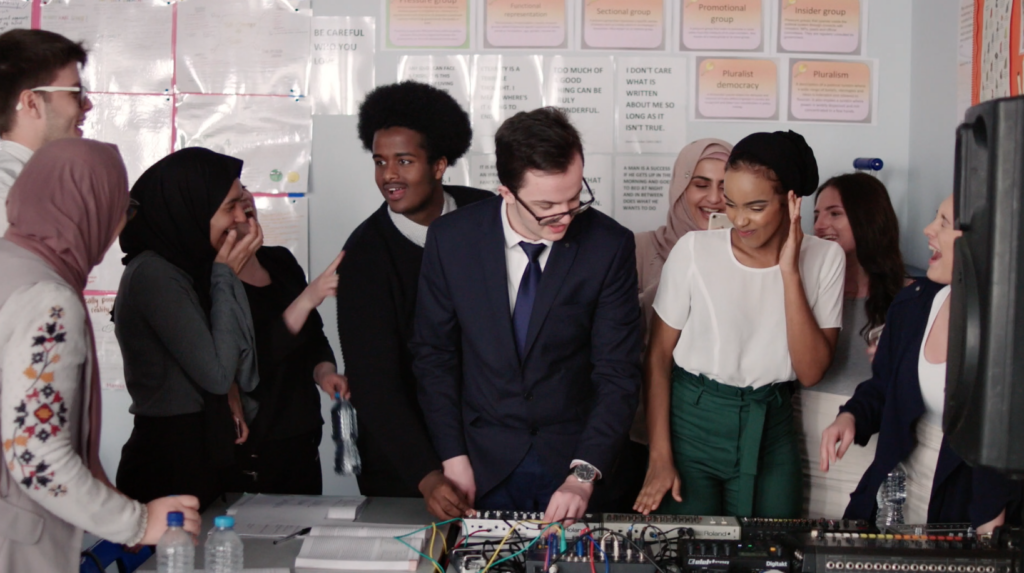
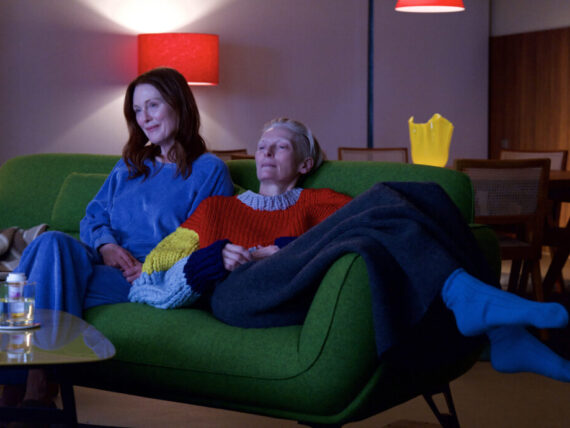
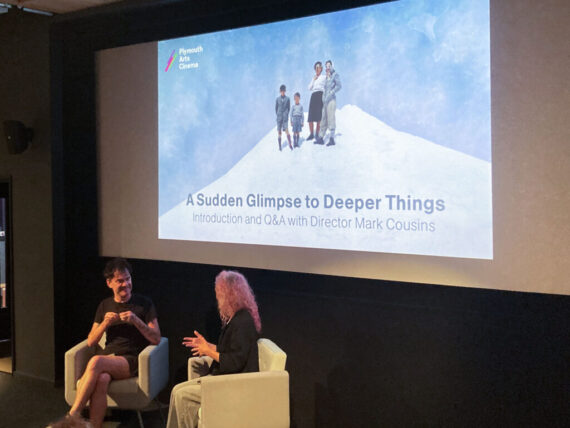
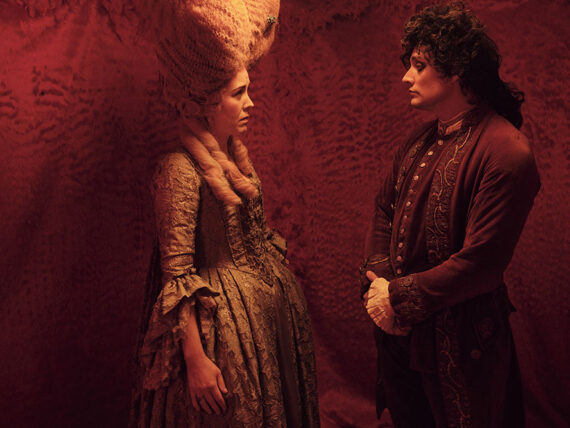
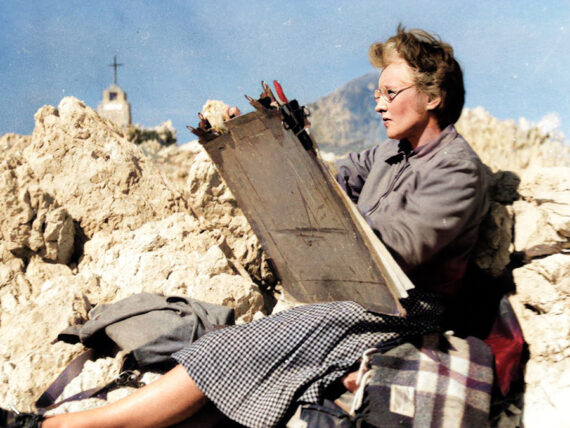
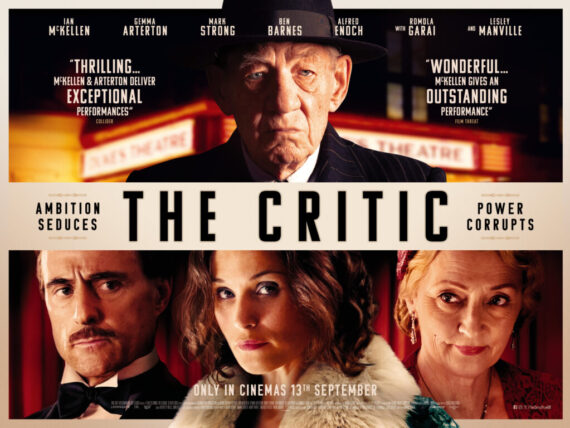
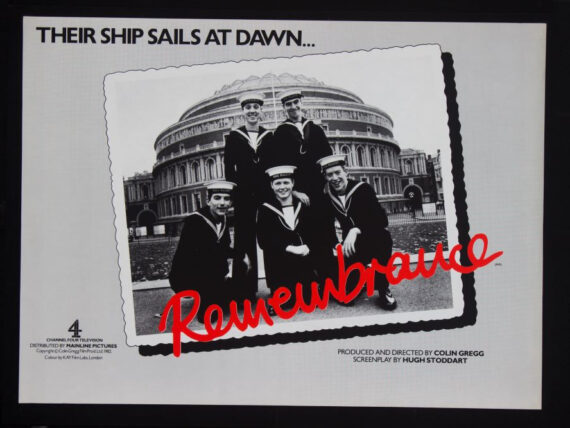
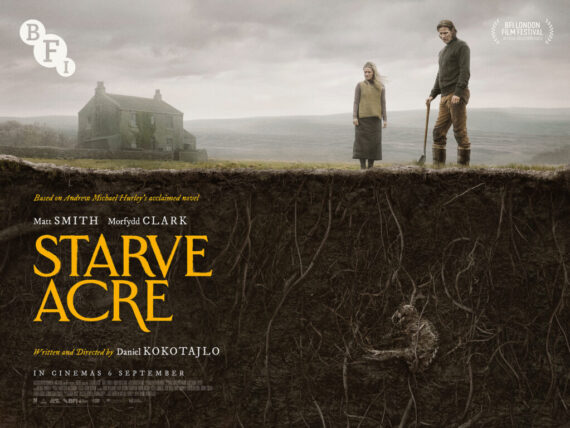
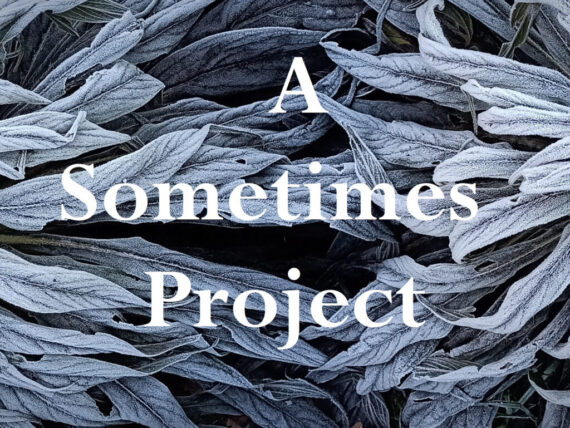
Comments
No comment yet.